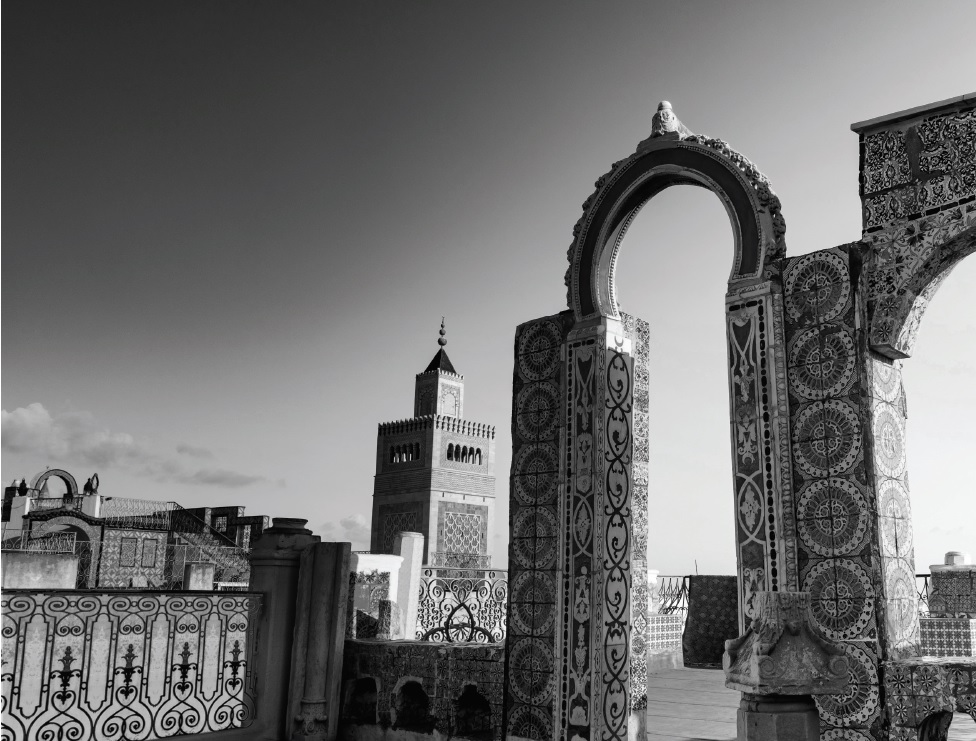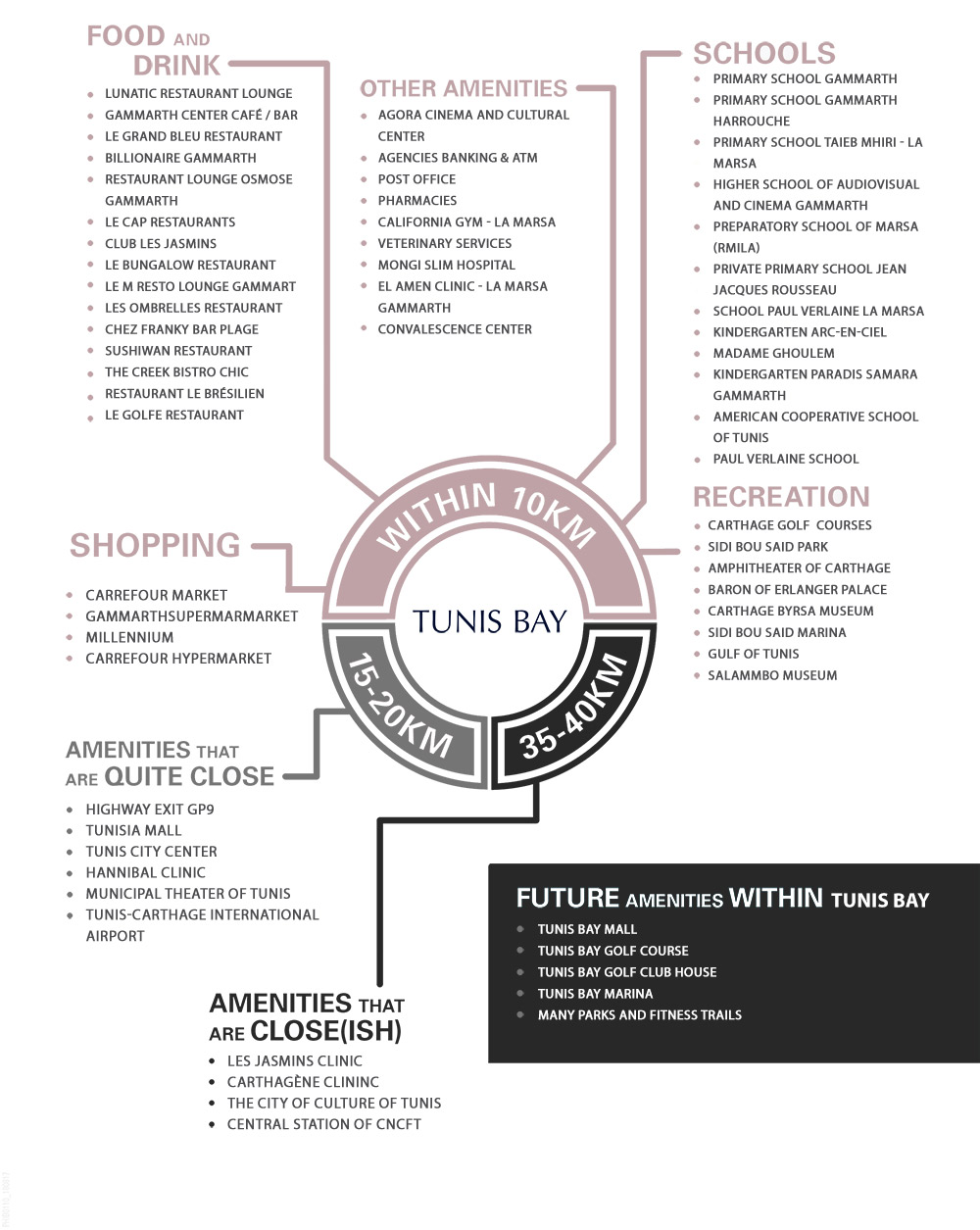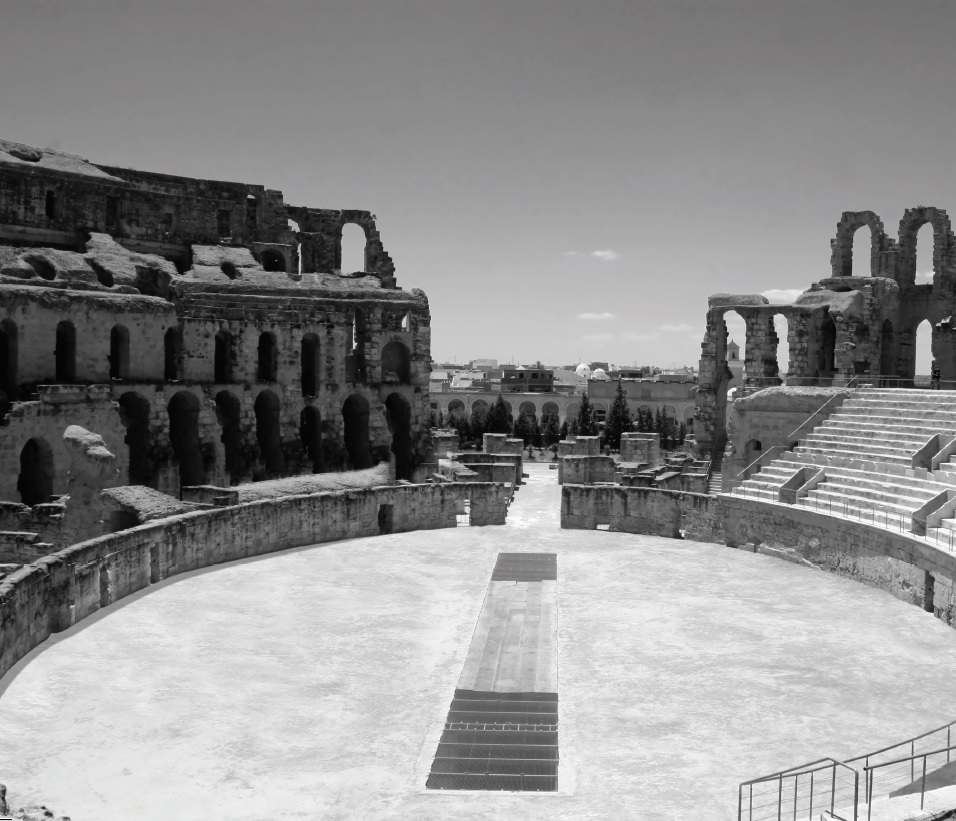Tunisia Overview
Arab-Berber by ancestry, the influence from across the Mediterranean has resulted in a welcoming, casual culture. Today, Tunisia is associated as part of the wider Arab world with which it shares cultural identifiers most keenly expressed through its de facto language and cultural expression, as well as its political identification Within this wider notion of identity, Tunisia's unique cultural imprint is clear to all who experience her. A quick visit to Kairouan to sample its medina, ramparts and grand mosque quickly imparts on even the less-well travelled visitor of this city's critical role in the region's Islamic affiliation. Kairouan was not only the cradle wherein the nation's Islamic traditions came to life, but was also the birth place of Islam for the whole Arab Maghreb's. Kairouan's grand mosque with its statuesque columns and impressive minaret brought this conferred upon this solemn town its status as regional religious centre. Throughout history, Sidi Bou Said, the breathtaking hilltop village, has impressed every settler who made Tunisia their home. Classified a UNESCO Global Heritage location in 1979, this wonder of the Mediterranean with its picturesque hill top view continues to attract visitors and locals alike

Why invest in Tunisia
Tunisia 2020, the International conference on investment constitutes one of the major events held to stimulate, revive, and revitalise Tunisian economy. This conference took place in 2016, with the presence of 70 countries' representatives and 1000 participants, promising investment pledges with a total value of $17 billion stemmed from Tunisia 2020. At the moment, 90% of the projects programmed within its framework are being accomplished and some of them will have an essential role in Tunisia's economic revival. The Council of Ministers announced a 3% economic growth in 2018 following the adoption of the 2017 economic budget. This same Council attested that it is aiming for an inclusive growth that will allow a fair distribution of wealth and the creation of more jobs. In their reports entitled "A follow-up of the economic situation in Tunisia" and "Global perspectives and economic policies" the WB and the IMF further strengthen Tunisian predictions by asserting that a 3% growth is expected in 2018 and will rise to 3.5% in 2019

LOCAL AMENITIES

Our History
The Phoenicians, the founding fathers of the great Carthaginian empire, created history in Tunisia and their impact has been felt across the centuries. The foundations they casted have forged this region's international renown. Tunisia's forefathers made history and occupied an important place among the worlds foremost civilizations. Carthage, known as the conqueror, was established by a colony of Phoenicians alongside the mythic Queen Dido. This legendary matriarchal founder and presumed first emperor of Carthage, conveys a state of grace, charm and mystery to the history of the ancient Punic city. This city's appeal transcends the centuries and captures hearts and minds to this day. The special appeal of Carthage explains its destruction then its reconstruction by the Romans, who brought this incredible city back from the ashes.
